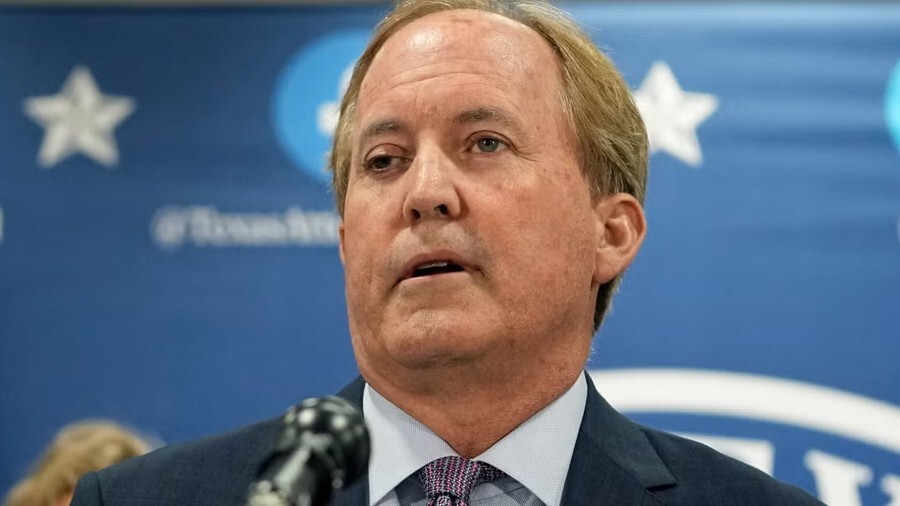It’s been a week, hasn’t it?
At the start of the week, the strange drama unfolded as courts largely killed Ron DeSantis’s “Don’t Say Gay” bill.
A settlement was reached between the state and advocacy groups on March 11th, per AP. The legislation, which prohibits discussions of sexual orientation and gender identity in primary school classrooms, sparked widespread criticism across the globe, as it effectively allowed punishment for being out in the state of Florida’s schools.
To clarify, the settlement requires modifying the bill’s language to allow discussions related to LGBTQ+ issues in certain contexts. It also demands an end to the book-banning and censoring of queer students and teachers. One might think this is a victory, but anyone remotely familiar with the first amendment knows that the neutering of this bill was inevitable.
It was also never really the point of the bill. The real point was the stigmatization of being LGBTQ+, and to make queer youths and teachers fear being out. Even if the law is dead, the cultural damage remains in the state, and likely will for a while. When Ron DeSantis’s office says that they’re law, which now does effectively nothing, was a victory, this is what they mean.
RELATED: Quebec adds “X” gender marker to healthcare and driver’s licenses
And then there’s Texas.
Texas, known for its predictable political theater, hated when Florida upstaged it in the news. So, in February, they enacted an age verification law that requires users to give government-issued IDs to porn companies for verification each and every time they log in. The “Texas porn ban” is a strange stance for a party that’s supposedly fond of deregulation and freedom, but, well, you know how it is with the Republican Party—you’re only really free to do what you’re told.
The irony of the Texas Porn Ban is that, by only targeting PornHub and its associated holdings (as opposed to the entire internet as a whole) the entire purpose of the age verification bill—to protect minors—effectively puts them more at risk for seeing more fucked up things on the internet. They’ve proposed ways to age verify users that -don’t- require a third party to constantly collect your government ID, but Texas won’t listen:
Unfortunately, the Texas law for age verification is ineffective, haphazard, and dangerous. Not only will it not actually protect children, but it will also inevitably reduce content creators’ ability to post and distribute legal adult content and directly impact their ability to share the artistic messages they want to convey with it.
The safety of our users is one of our biggest concerns. We believe that the only effective solution for protecting minors and adults alike is to verify users’ age on their device and to either deny or allow access to age-restricted materials and websites based on that verification.
It might be hard to believe, but porn did exist before PornHub. VPNs also existed before the age verification law went into effect, and if there’s any type of company setup to benefit from all of this, its them. Who wants to investigate whether or not [popular VPN*] sponsored any republican dinners recently?
*I’m not dumb enough to name a specific company for a gag… yet.
Get real time update about this post category directly on your device, subscribe now.




